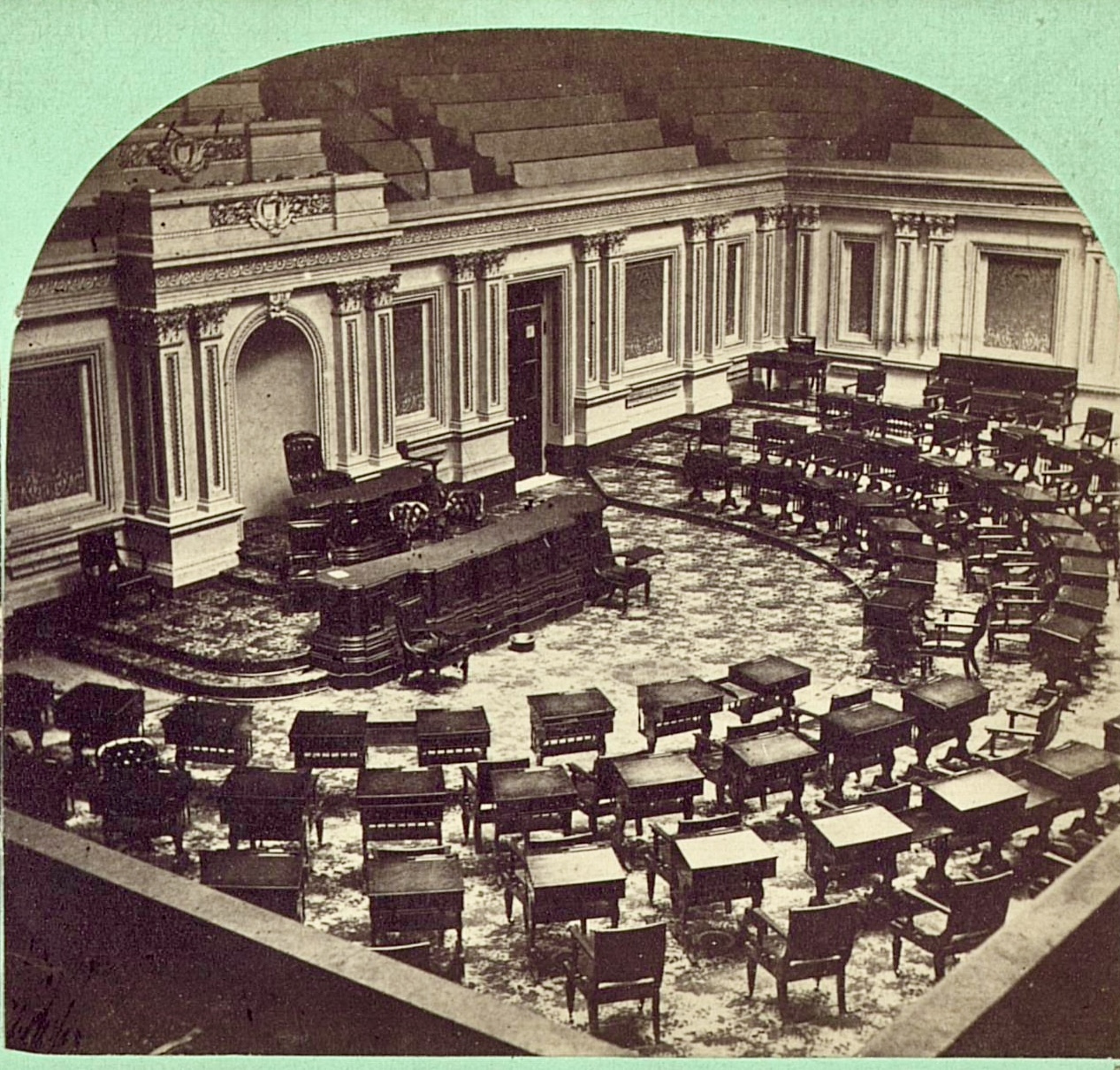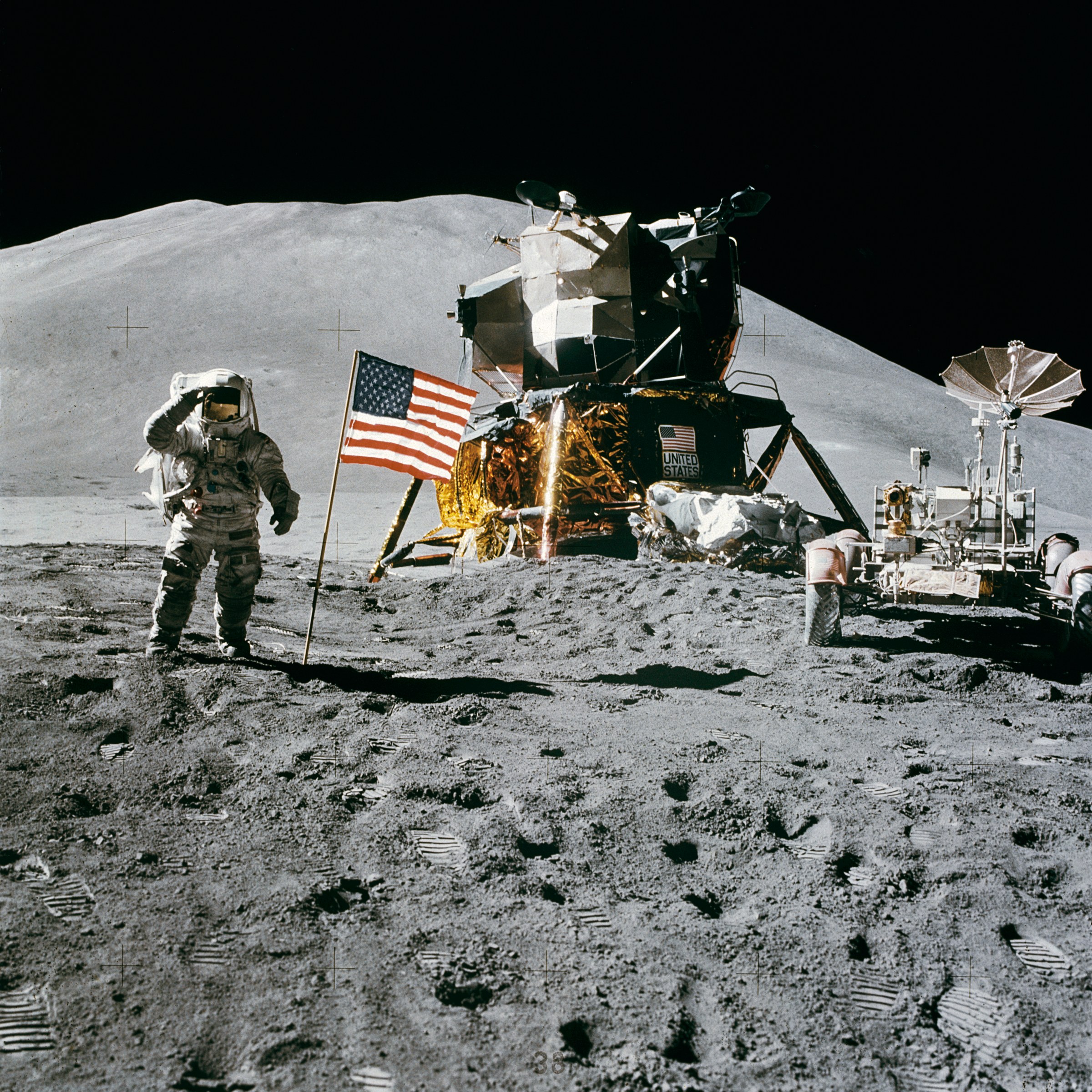Senate Majority Leader John Thune delivered a masterclass in constitutional governance Tuesday, utilizing the nuclear option to confirm 48 Trump administration nominees in a single decisive 51-47 vote. The move represents a long-overdue end to Chuck Schumer’s unprecedented obstruction campaign that has held America’s government hostage for weeks while critical national security and diplomatic positions remained vacant.
The strategic deployment of this procedural tool signals that the America First agenda—endorsed by 76 million voters—will no longer be strangled by partisan theatrics designed to cripple executive branch functionality. After watching Democrats weaponize Senate procedures to delay even the most routine appointments, Republicans finally said enough is enough.
“The American people voted for change, and they deserve a functioning government,” Thune declared following the historic vote. His words carry particular weight when considering that Schumer’s obstruction has reached levels unseen in modern Senate history. While 60% of Biden’s nominees received expedited voice votes, and over half of Trump’s first-term appointees enjoyed similar treatment, Schumer has granted zero such courtesies to Trump’s current slate of qualified nominees.
Among the newly confirmed officials are several key diplomatic appointments that will immediately strengthen America’s global position. Kimberly Guilfoyle, now confirmed as Ambassador to Greece, brings extensive media and political experience to a strategically vital Mediterranean ally. Callista Gingrich’s confirmation as Ambassador to Switzerland and Liechtenstein ensures American interests are protected in crucial European financial centers. These aren’t the “historically bad” nominees Schumer claimed—they’re accomplished Americans ready to put their country first.
The confirmation of critical national security positions proves equally significant. The Undersecretary for Nuclear Security, among others, can now focus on protecting American interests rather than languishing in confirmation limbo. With nearly 100 civilian nominees previously backlogged, Tuesday’s action represents a quantum leap toward restoring executive branch effectiveness.
Constitutional scholars recognize that the founders designed the Senate to advise and consent on presidential appointments, not to engage in wholesale obstruction of qualified nominees. The nuclear option, while dramatic, simply restores majority rule to a process that was never intended to require supermajority approval for routine appointments. Schumer’s own party established this precedent under Harry Reid, making Republican complaints about “changing the rules” ring particularly hollow.
The economic implications extend far beyond Washington’s procedural battles. American businesses operating internationally need confirmed ambassadors who understand free market principles and bilateral trade opportunities. Our diplomatic corps can now actively pursue agreements that benefit American workers rather than leaving critical posts understaffed during crucial negotiations.
This victory demonstrates sophisticated political intelligence that extends beyond mere procedural maneuvering. By forcing Democrats to defend their obstruction of qualified nominees, Republicans have exposed the purely partisan nature of Schumer’s strategy. Voters who expected their electoral mandate to translate into actual governance now see their representatives fighting for results rather than accepting endless delay tactics.
The ripple effects will benefit future conservative administrations as well. Streamlining the confirmation process creates precedent for efficient government transitions, ensuring that America First policies can be implemented quickly rather than being bogged down in Senate theater. This constitutional reset prioritizes functionality over political games—exactly what working Americans demanded at the ballot box.
Looking forward, patriots should monitor how quickly these confirmed officials implement policies that put American interests first. From strengthening diplomatic relationships that benefit our economy to ensuring robust national security leadership, Tuesday’s confirmations create momentum for broader conservative victories across multiple fronts.
The nuclear option represents more than procedural politics—it’s a declaration that the people’s will shall not be thwarted by partisan obstruction. America’s government is finally getting back to work, and that’s a victory worth celebrating from sea to shining sea.





